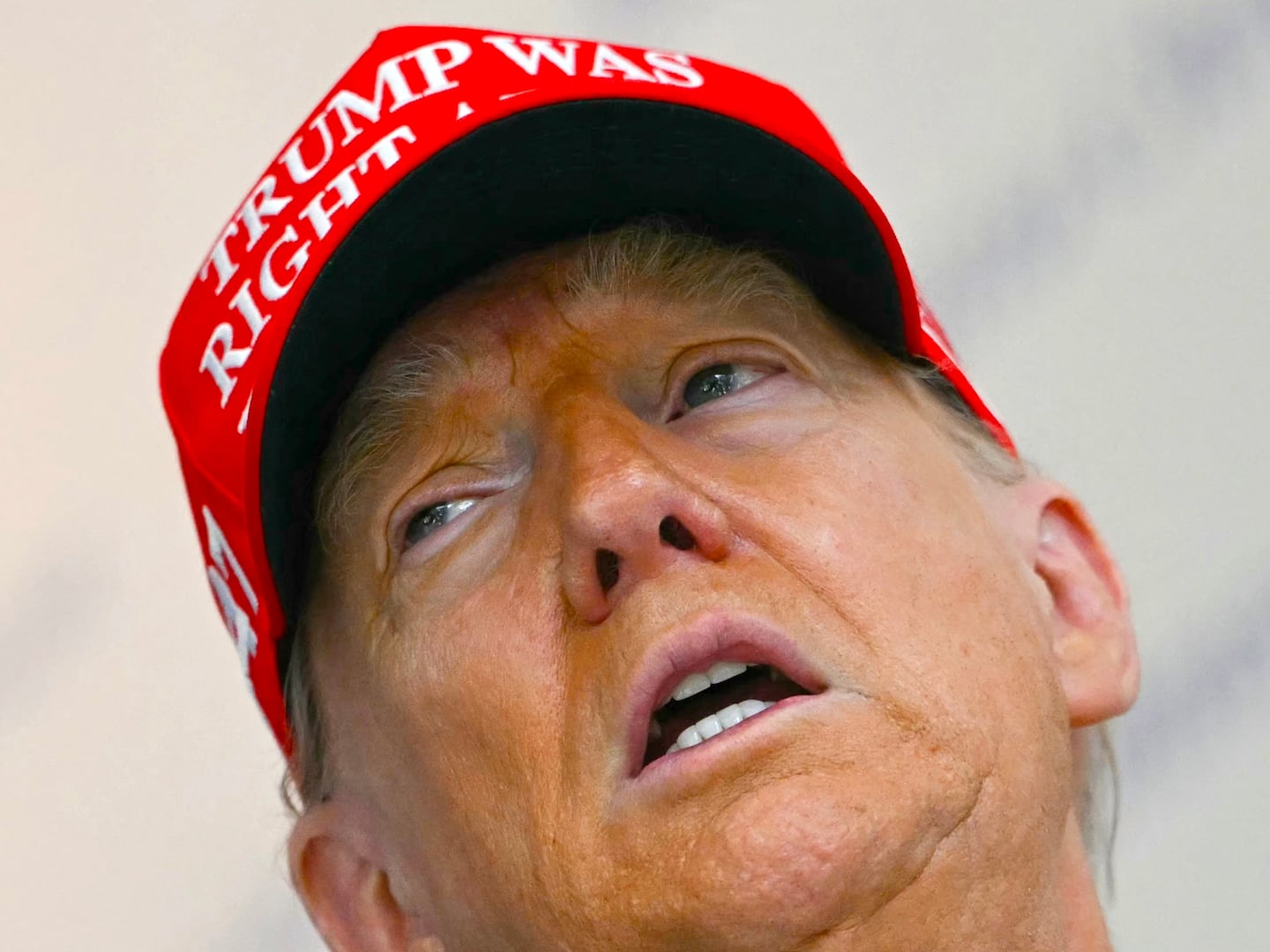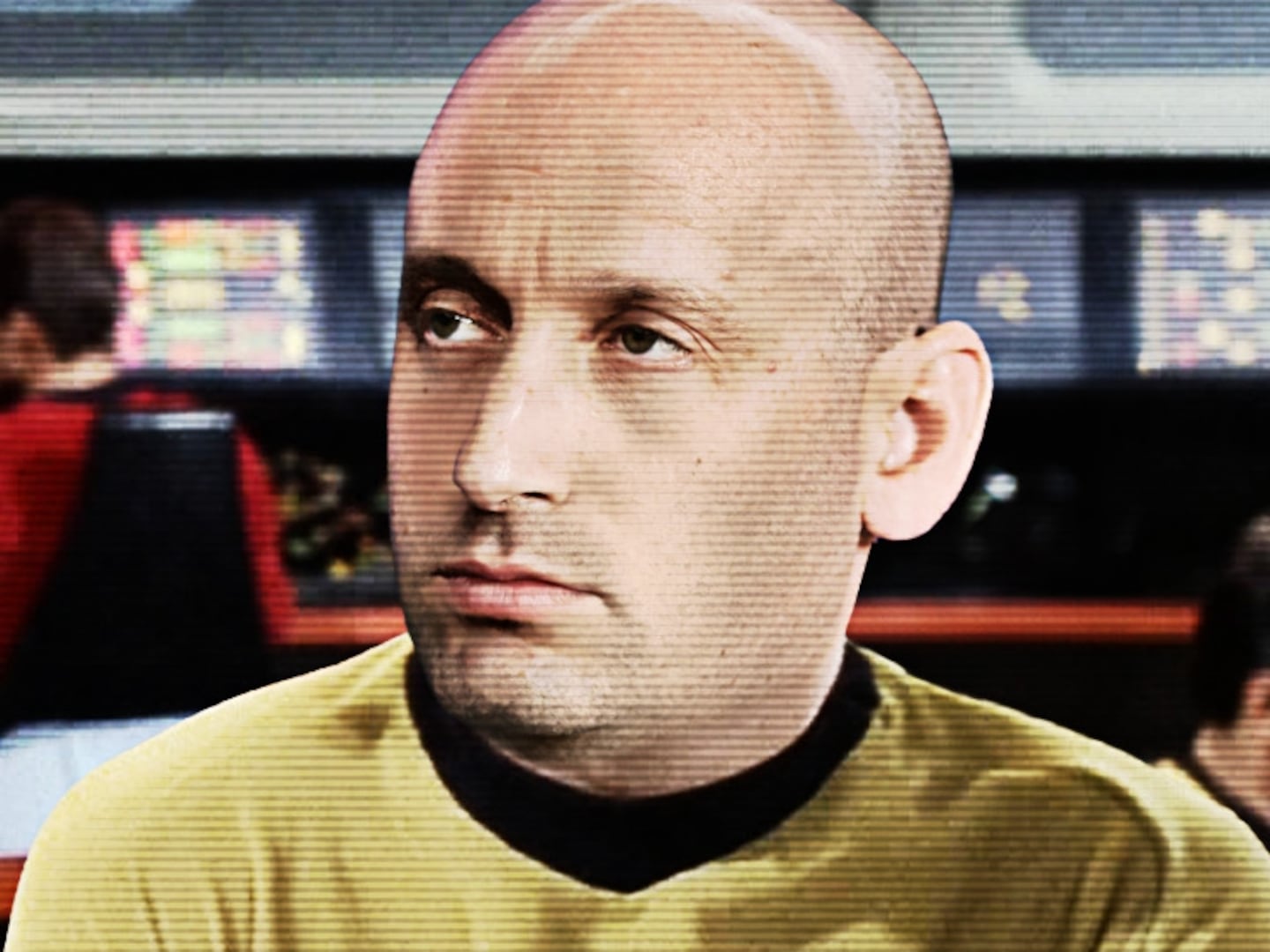Stephen Brill's TIME magazine essay on hospital charges is an expose in the grand tradition of exposes.
Unless you are protected by Medicare, the health care market is not a market at all. It’s a crapshoot. People fare differently according to circumstances they can neither control nor predict. They may have no insurance.
They may have insurance, but their employer chooses their insurance plan and it may have a payout limit or not cover a drug or treatment they need. They may or may not be old enough to be on Medicare or, given the different standards of the 50 states, be poor enough to be on Medicaid. If they’re not protected by Medicare or they’re protected only partly by private insurance with high co-pays, they have little visibility into pricing, let alone control of it.
They have little choice of hospitals or the services they are billed for, even if they somehow know the prices before they get billed for the services. They have no idea what their bills mean, and those who maintain the chargemasters couldn’t explain them if they wanted to.
How much of the bills they end up paying may depend on the generosity of the hospital or on whether they happen to get the help of a billing advocate. They have no choice of the drugs that they have to buy or the lab tests or CT scans that they have to get, and they would not know what to do if they did have a choice. They are powerless buyers in a seller’s market where the only sure thing is the profit of the sellers.
Unfortunately Brill's piece is also inspiring more comment that the only solution is to extend Medicare to all: single-payer.
Yet Brill himself along the way shows why this would be a bad idea. More than 3 million bills arrive at Medicare every day. How are reimbursement rates determined?
A panel of doctors set up by the American Medical Association reviews the codes annually and recommends updates to Medicare. The process can get messy as the doctors fight over which procedures in which specialties take more time and expertise or are worth relatively more. Medicare typically accepts most of the panel’s recommendations.
This method can work within the context of a private market. A price level exists "out there." Medicare and its panel can argue over how much to discount. But if there were no private market "out there," Medicare would stumble into the plight of the Soviet planning authorities. Any price would just be a guess, producing either windfalls or shortages. US Medicare works better than Britain's NHS or Canadian Medicare precisely because it is informed by private price-setting.
Brill's own ideas for healthcare reform rely heavily on price controls under other forms:
1) Tighten antitrust laws for hospital companies so none can become regionally dominant;
2) Tax hospital profits and non-doctor hospital salaries at confiscatory rates;
3) Outlaw the charge master - the hospitals' outrageous list prices;
4) Control prescription drug prices;
5) Medical malpractice reform.
Point 3 however seems weird and counter-productive. Wouldn't the first steps to reform be to a) require every hospital to publish its charge master price list and b) make conveniently available Medicare's discounted price? A patient presented with a big bill could then, at a minimum, readily compute the Medicare price and have a better basis for complaint and negotiation. Some patients would shop beforehand. Ideally, brighter publicity would exert downward pressure on prices in general.
Why isn't that the appropriate first step toward promoting a more competitive and efficient healthcare marketplace?






